Forests, Free Full-Text
Por um escritor misterioso
Descrição
Thermal dissipation of excess excitation energy is an important photoprotective mechanism that plants have evolved to cope with surplus illumination. However, light-energy-partitioning dynamics in an exotic sand-dune willow (Salix psammophila) commonly used in restoring and/or stabilizing sand lands in northwestern China is largely unknown. In this study, chlorophyll fluorescence (ChlF) of photosystem II (PSII) was continuously monitored in situ in Salix psammophila to investigate plant acclimation processes driven by excessive solar radiation and extreme air temperatures (Ta). As part of a heat-regulation mechanism, energy partitioning is shown to vary with prevailing environmental conditions. In this investigation, energy absorbed during periods of moderate photosynthetically active radiation (PAR < 1200 μmoL·m−2·s−1) was largely allocated towards photochemistry (ΦPSII) with nominal amounts to thermal dissipation through reversible thermal dissipation (ΦNPQr). In extremely high solar radiation (PAR > 1500 μmoL·m−2·s−1) or in a cold temperature (Ta < 0 °C), more energy was dissipated by way of non-regulated thermal energy (Φf,D) and sustained thermal dissipation (ΦNPQs), leading to non-reversible photoinhibition or photodamage. This was mainly as a result of the low utilization and high absorption of light energy by PSII under cold conditions and physiologically-induced vulnerability. It was concluded that Salix psammophila had a clear tolerance to high temperatures and moderate solar radiation, but tended to be more vulnerable to high solar radiation and cold temperature. Based on species sensitivity to extreme environmental conditions, practical application and extension of Salix psammophila for land-restoration purposes should be approached cautiously, especially in high-latitude or high-altitude desert ecosystems commonly affected by events of high solar radiation and cold temperature.

Degradation Of Forests Is Continuing At An Alarming Rate - Sigma Earth
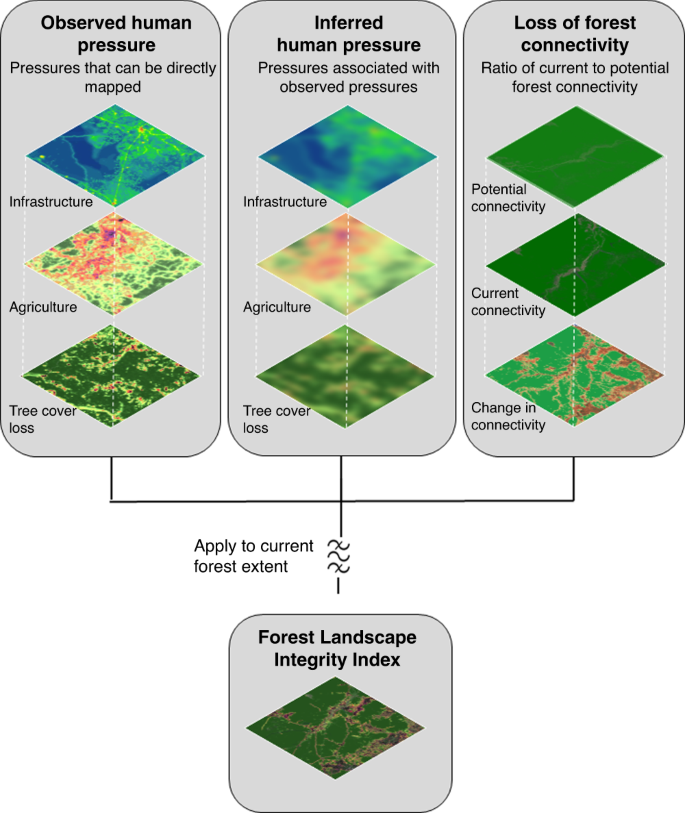
Anthropogenic modification of forests means only 40% of remaining
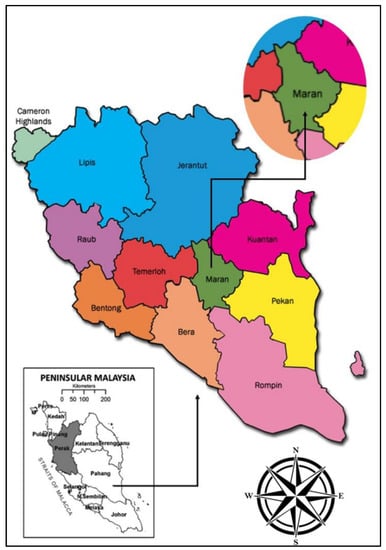
Download Film Jengka Malaysia - Colaboratory
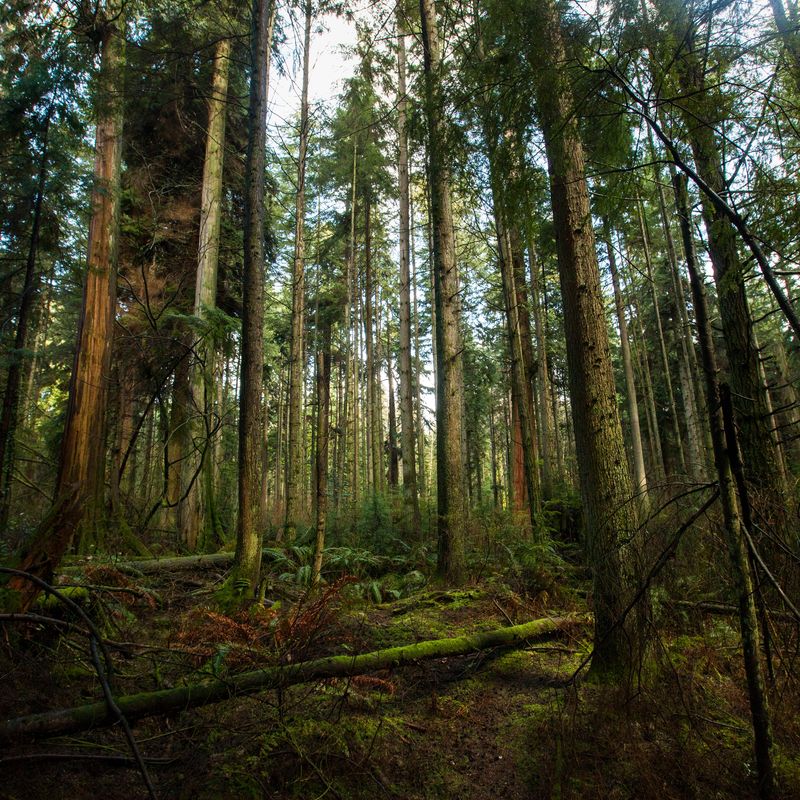
Do Trees Talk to Each Other?, Science
The Forest Passage : Ernst Junger : Free Download, Borrow, and

How are forests framed? An analysis of EU forest policy
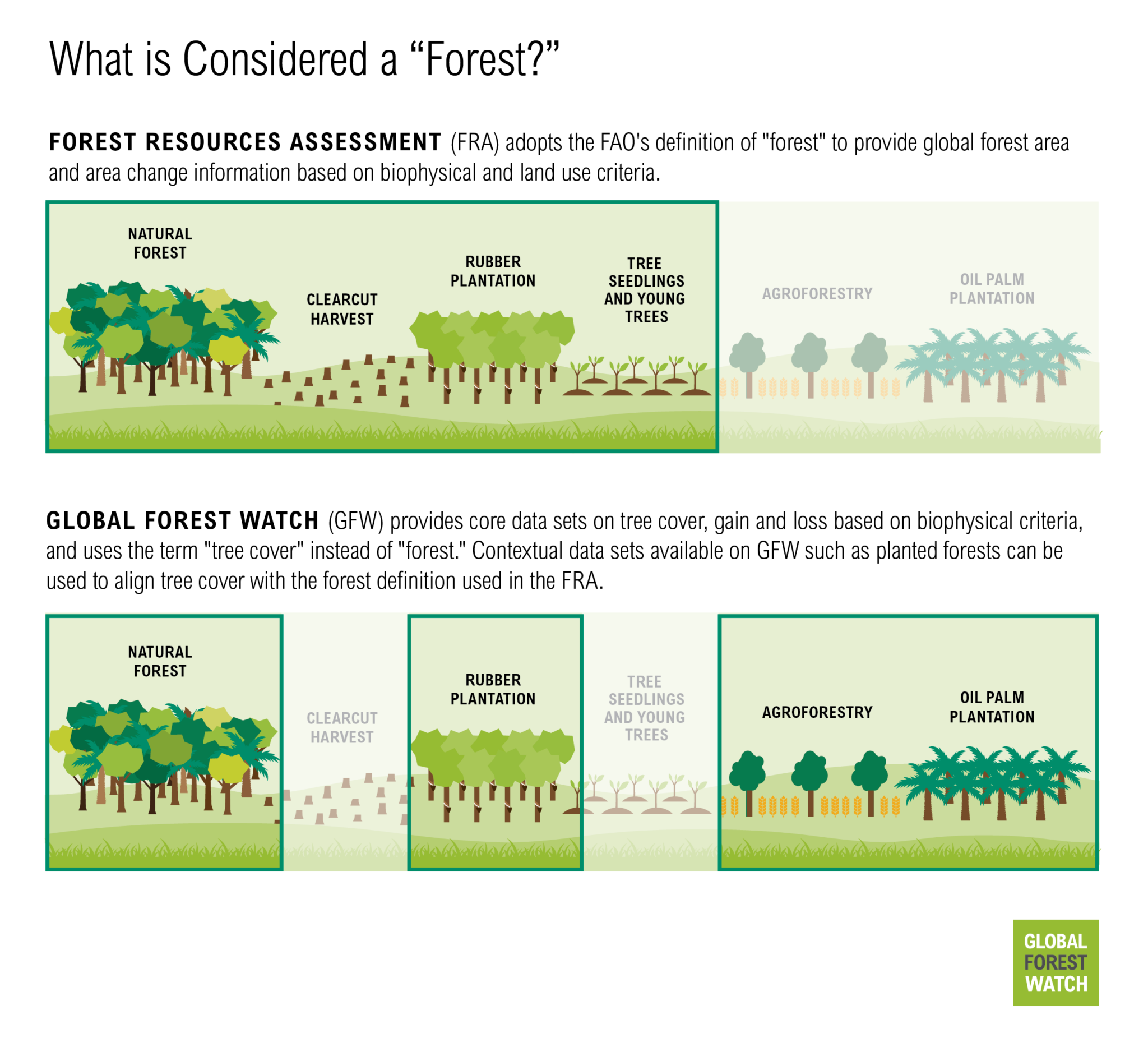
Global Forest Watch and Forest Resources Assessment

Immerse Yourself In A Forest For Better Health - NYDEC
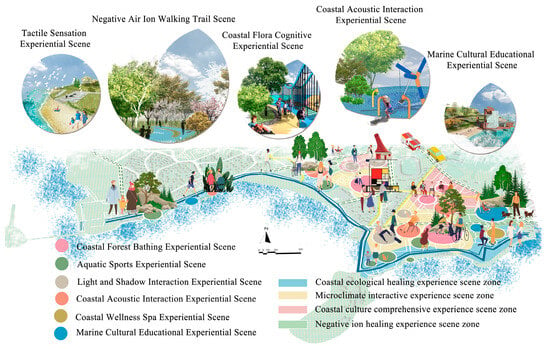
Forests An Open Access Journal from MDPI
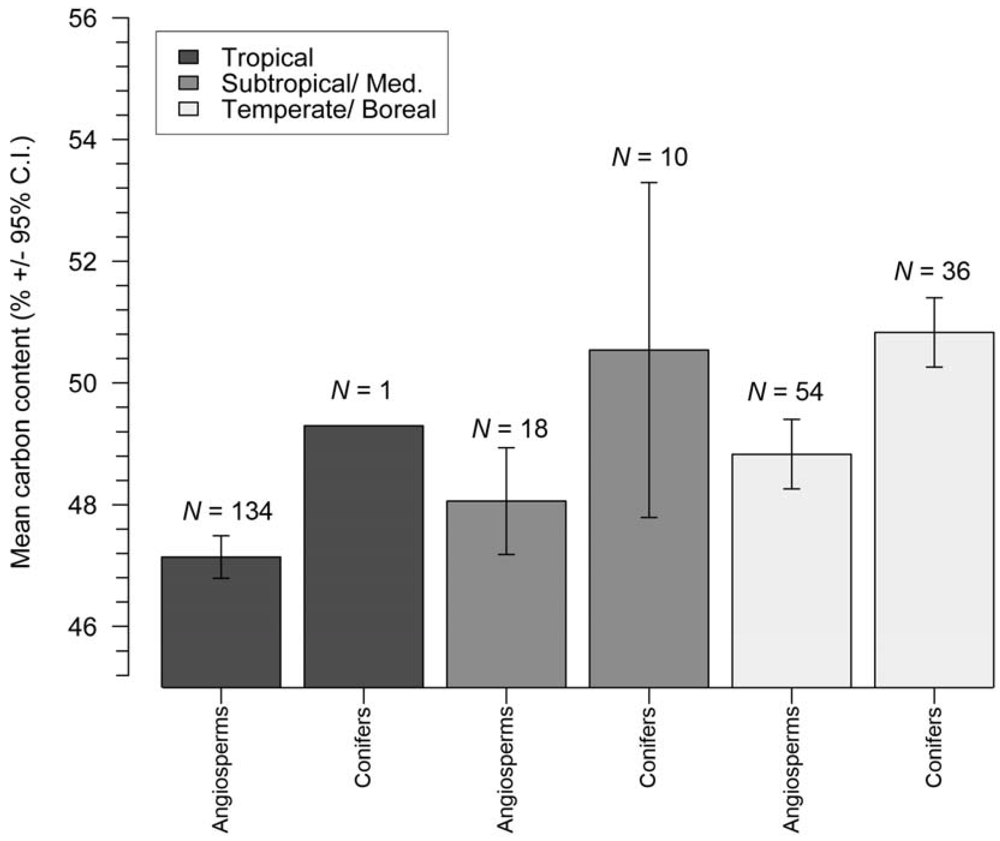
Forests, Free Full-Text
de
por adulto (o preço varia de acordo com o tamanho do grupo)





